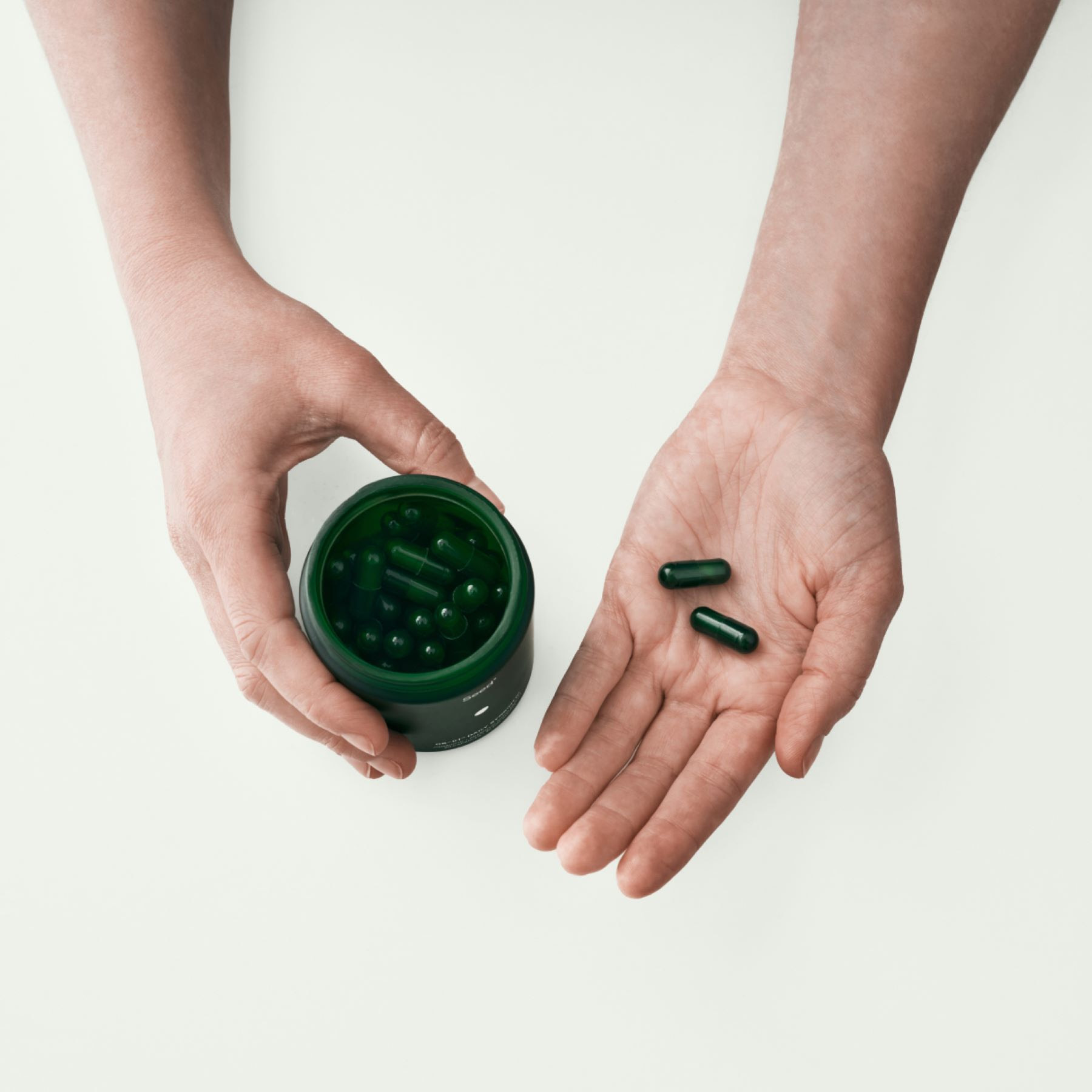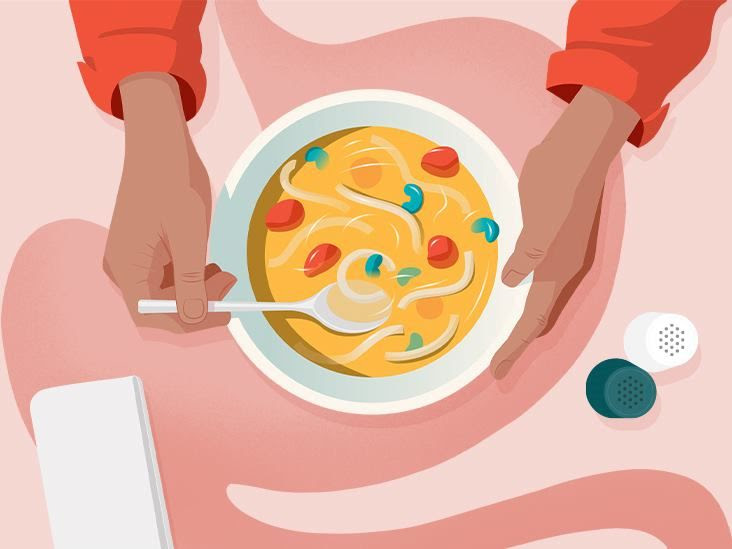- What are they?
- Causes
- Symptoms
- Diagnosis
- Treatment
- Summary
Doctors classify diverticulitis as uncomplicated or complicated. Complicated diverticulitis includes additional health complications, such as abscesses, compared to uncomplicated diverticulitis.
Diverticula are small sacs that bulge out through weak points in a person’s colon. Their formation is known as diverticulosis. When these sacs become inflamed, it is known as diverticulitis.
Read on to learn more about complicated and uncomplicated diverticulitis, including their symptoms and treatments.
What is complicated and uncomplicated diverticulitis?
 Share on PinterestArturo Peña Romano Medina/Getty Images
Share on PinterestArturo Peña Romano Medina/Getty Images
There are two typesTrusted Source of diverticulitis. They are known as complicated diverticulitis and simple or uncomplicated diverticulitis.
Uncomplicated diverticulitis causes inflammation of the diverticula and surrounding intestinal tissue. This inflammation does not spread, and there are no abscesses.
Complicated diverticulitis results in additional complicationsTrusted Source developing. This may include:
- abscesses
- tears in the intestinal wall
- phlegmon, which involves localized inflammation in areas of soft tissue
- fistulas
- bleeding
- intestinal obstruction

ADVERTISEMENT

Ready to support your health beyond your gut?
Seed’s DS-01 Daily Synbiotic: 24 rigorously tested probiotic strains plus a non-fermenting prebiotic. Supports whole-body wellness. Flexible subscription.
TRY SEED NOW
Causes
Diverticulitis occurs when diverticula become inflamed.
The National Institute of Diabetes and Digestive and Kidney Diseases (NIDDK)Trusted Source notes that diverticulosis is generally not harmful. However, it may lead to diverticular disease, which is when diverticula cause symptoms, such as bleeding or pain, but they do not cause infection or inflammation. Diverticular disease may cause:
- chronic bleeding
- diverticular bleeding
- diverticulitis and its complications
Around 10% to 25%Trusted Source of people with diverticulosis develop diverticulitis. Additionally, around 80%Trusted Source of those with diverticulitis have uncomplicated diverticulitis, meaning about 20% have complicated diverticulitis.
Researchers do not currently knowTrusted Source how the diverticula become inflamed. However, some researchers believe inflammation is more likely to develop in areas with reduced blood supply. Additionally, it may be more likely if hard lumps of stool form in the diverticula.
If a person has a weakened immune system or severe kidney disease, they may be at a higher risk of developing complicated diverticulitis. Taking certain drugs for a long period may also increase the likelihood of serious disease. These drugs include nonsteroidal anti-inflammatory drugs (NSAIDs), steroids, and opiates.
Certain risk factors may also increase a person’s chances of developing diverticulitis. These include:
- having a low fiber, high fat, red meat diet
- obesity
- smoking
- a lack of physical activity
Symptoms
Symptoms of diverticulitis may varyTrusted Source depending on its severity.
Uncomplicated diverticulitis
Generally, a person with uncomplicated diverticulitis may experience pain in the lower left abdomen. However, people of Asian descent usually experience pain in their lower right abdomen. They may have pain that is constant or comes and goes. They may also develop constipation or diarrhea.
People with uncomplicated diverticulitis may also experience fever and changes in urinary and bowel habits. This can include pain or discomfort when urinating and an increased need to urinate.
Complicated diverticulitis
In addition to the earlier symptoms, complicated diverticulitis may cause nausea and vomiting.
However, people need to consider that symptoms may vary depending on what type of complications have developed. Complications may include:
- phlegmon
- abscesses
- tears in the intestinal wall
- bleeding
- fistulas
- intestinal obstruction
- peritonitis
- low blood pressure
- shock

HEALTHLINE NEWSLETTER
Trust your gut. Get our Digestive Health newsletter
Get twice weekly insights on ways to manage digestive conditions and boost your allover gut health.
Enter your emailJOIN NOWAlso sign up for our popular Heart Health newsletter
Your privacy is important to us
Diagnosis
When diagnosing diverticulitis, a doctor may askTrusted Source about a person’s medical history and any medications they are taking. They may also perform a physical examination, which may include feeling the abdomen or digitally examining the rectum.
The doctor may also request blood and urine tests depending on a person’s symptoms. They may also check their temperature.
A doctor may also use imaging tests to examine the organs. These may include:
- an ultrasound
- a CT scan
- an MRI
A doctor may also recommend a colonoscopy roughly 6 to 8 weeksTrusted Source after a person’s symptoms clear up. A colonoscopy allows a doctor to rule out other conditions, such as colon polyps or colorectal cancer.
Treatment
A doctor may recommend different treatments depending on the type of diverticulitis a person has.
Uncomplicated diverticulitis
Uncomplicated diverticulitis clears up by itself within 1 week in around 95%Trusted Source of cases. The other 5% may require additional treatment.
A doctor may use antibiotics to treat a person with uncomplicated diverticulitis. However, this generally only occurs if the individual is at risk of complications.
A person with uncomplicated diverticulitis may require regular checkups, which allows a doctor to monitor their symptoms and reduce the risk of complications.
A healthcare professional may also recommend dietary changes to someone with uncomplicated diverticulitis. This may involve them eating:
- easily digestible foods
- soups
- non-solid foods
A doctor may also recommend that individuals with uncomplicated diverticulitis drink plenty of water.
Complicated diverticulitis
Complicated diverticulitis generallyTrusted Source requires hospitalization. Antibiotics clear complicated diverticulitis in a few weeks in around 80% of peopleTrusted Source with the condition, while the remaining individuals may require surgery.
A person with complicated diverticulitis may be unable to eat solid food. Doctors may allow them to have:
- tea
- soup
- water
If a person is unable to drink enough, a doctor may give them fluids via an intravenous (IV) drip.
If an individual has abscesses, a healthcare professional may drain them.
A doctor may recommend surgery if a person’s symptoms do not improve after a few days. Doctors may recommend surgery for:
- treating intestinal perforation
- treating peritonitis
- treating intestinal obstruction
- treating fistulas
- preventing diverticulitis from returning
- preventing abscesses returning
Summary
Diverticulitis is inflammation of diverticula and can be either complicated or uncomplicated. Uncomplicated diverticulitis is less severe than complicated diverticulitis.
Researchers do not precisely know what causes diverticulitis. However, certain risk factors increase a person’s risk of developing it, including having a low fiber diet or obesity.
Uncomplicated diverticulitis may clear up without treatment. However, complicated diverticulitis usually requires hospitalization.
People need to contact a doctor if they experience uncomplicated diverticulitis symptoms that do not go away within a week. They also need to seek emergency medical attention if they think they may have complicated diverticulitis.

Leave a Reply